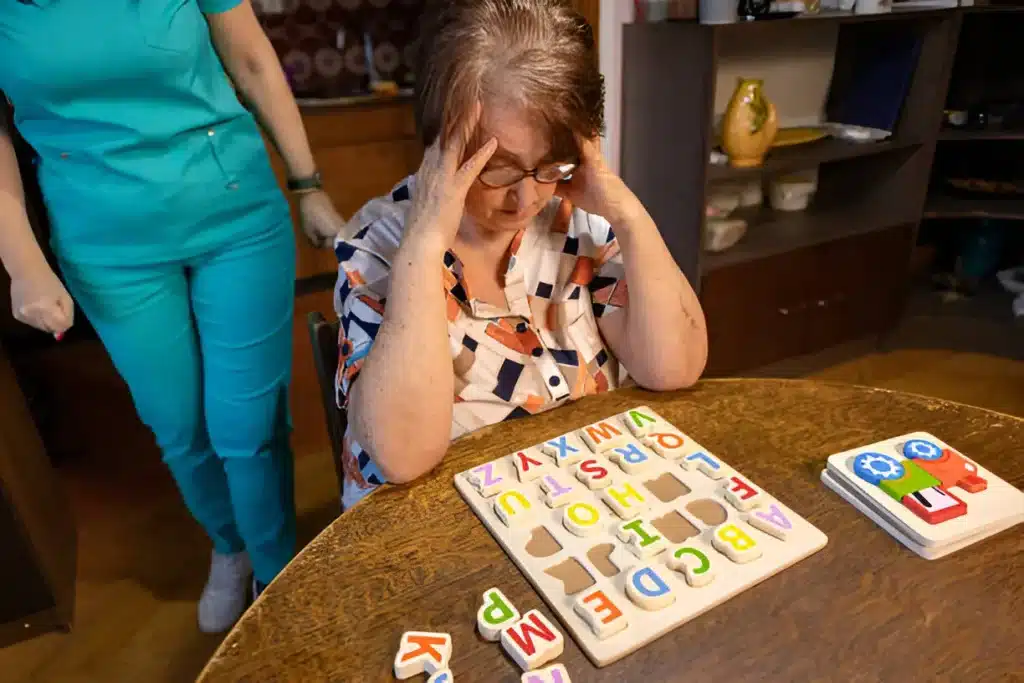What makes dementia so hard to manage every day? Daily routines that once felt simple can become confusing or overwhelming for someone with dementia. Family members and caregivers often struggle to know how to respond with patience and care.
Emotional stress, memory loss, and behavior changes can make each day unpredictable. It’s not just about memory- it’s about mood, judgment, and communication too.
Each person experiences dementia differently, which adds to the complexity. But with the right strategies, many challenges can be eased.
This guide offers helpful ways to manage dementia and its daily challenges. Read on!
Creating a Predictable Daily Routine
People who have dementia benefit from having a daily routine that is consistent and predictable. In addition to fostering a sense of normalcy, routines help to reduce confusion. Engage in activities that are calming, such as listening to music or having a conversation with someone.
It is possible to provide clues about the time and location by using clocks, calendars, and labeling items. Keep the number of changes to a minimum in order to assist them in feeling more at ease and in control.
Communicating with Kindness and Patience
Speak slowly and clearly, and use sentences that are brief and easy to understand. It is important to allow the individual sufficient time to comprehend and respond. Redirect gently when confusion begins to set in, rather than arguing or correcting.
Employ hand gestures and facial expressions to show that you understand what is being said. It is possible to alleviate frustration and build trust by demonstrating calmness and kindness.
Managing Difficult Behaviors with Care
Some people with dementia may ask the same questions over and over or get angry. These actions are not personal; they are signs of being lost or scared.
Try to figure out what’s making them act out, like pain, hunger, or noise. Assure them and, if necessary, gently change the subject or activity. Keeping things calm can help stop temper tantrums and restlessness.
Making the Home a Safe and Peaceful Space
Take away unnecessary and harmful things to keep accidents from happening. Soft lighting and no loud or sudden noises should be used.
Surround yourself with photos and things that make you feel at ease. For help finding your way, label doors or use pictures. The feeling of safety and calmness can help lower anxiety and the urge to wander.
Supporting Personal Care with Dignity
Bathing, dressing, and eating may become stressful moments. Give gentle reminders and break tasks into simple steps.
Respect their privacy and involve them in choices when possible. Be patient and allow extra time for daily care. Encouragement and a calm voice can make care feel like shared teamwork.
Caring for the Caregiver, Too
Taking care of someone with dementia can be emotionally and physically draining. It’s important to take breaks and ask for help from others.
Join a caregiver support group to share experiences and get advice. Stay healthy with rest, proper food, and time for yourself. Remember, helping dementia hoarding challenges gently also means supporting your well-being along the way.
Gaining Control Over Daily Challenges of Dementia
Understanding dementia means looking beyond memory loss and offering support with patience and love. With a steady routine, kind communication, and a safe environment, daily challenges can be less stressful. Caregivers play a powerful role in creating a better quality of life.
Being mindful of both the individual’s and the caregiver’s needs brings balance and peace. Keep learning, adapting, and reaching out for support makes a big difference.
Did you like this guide? Great! Please browse our website for more!
Also Read-How Dream99 is Disrupting the Industry







